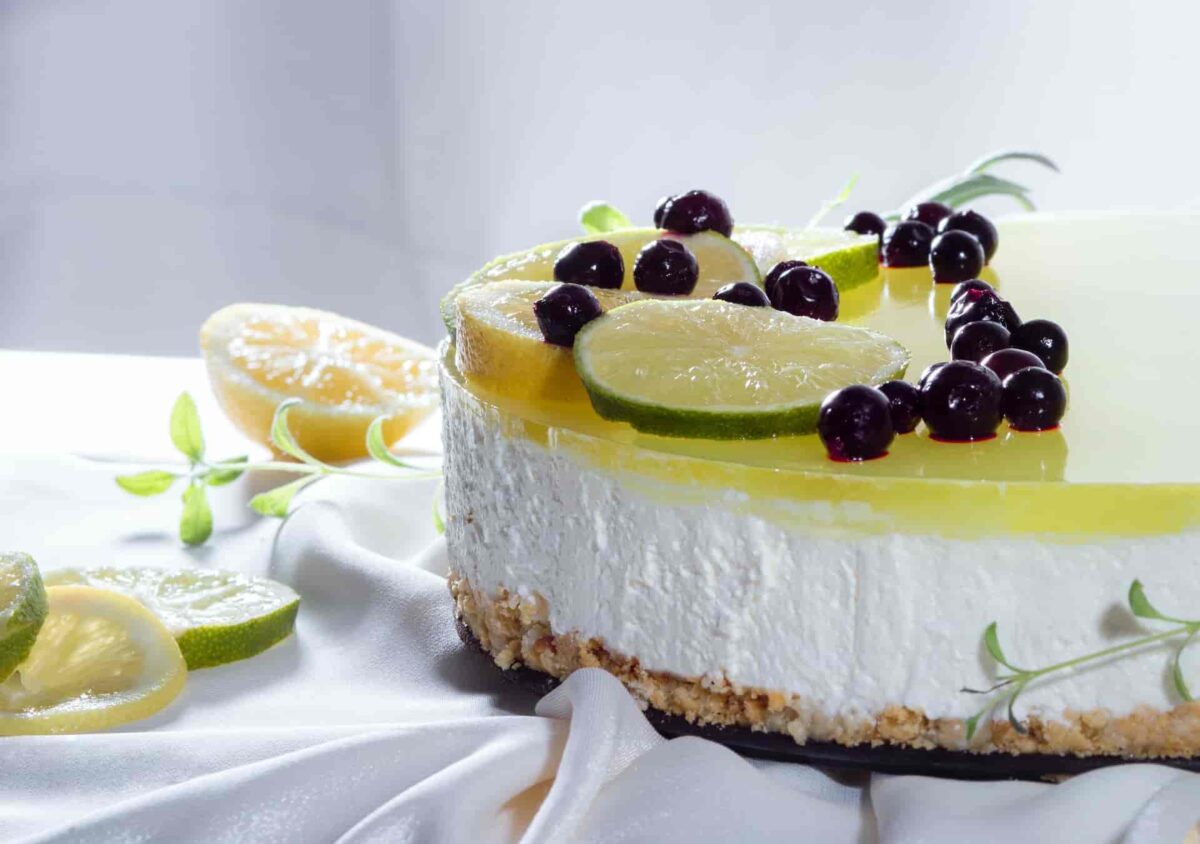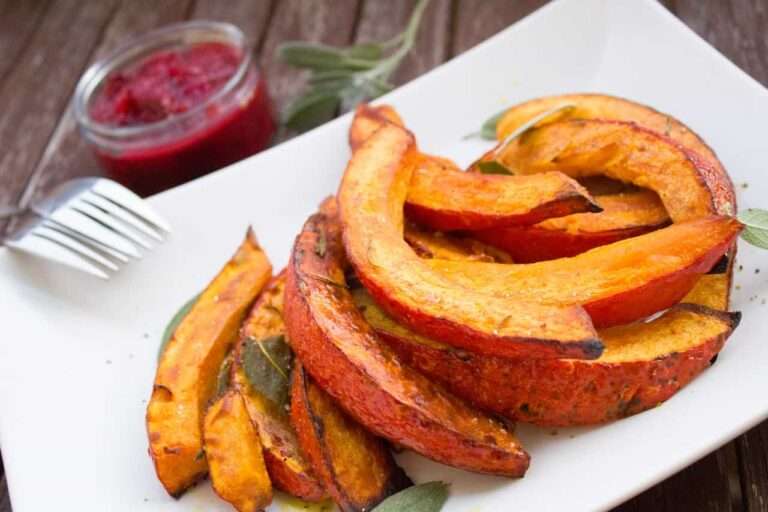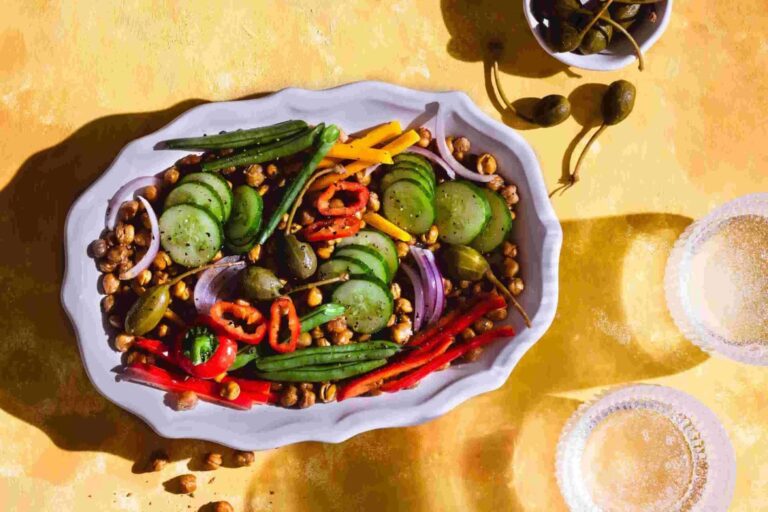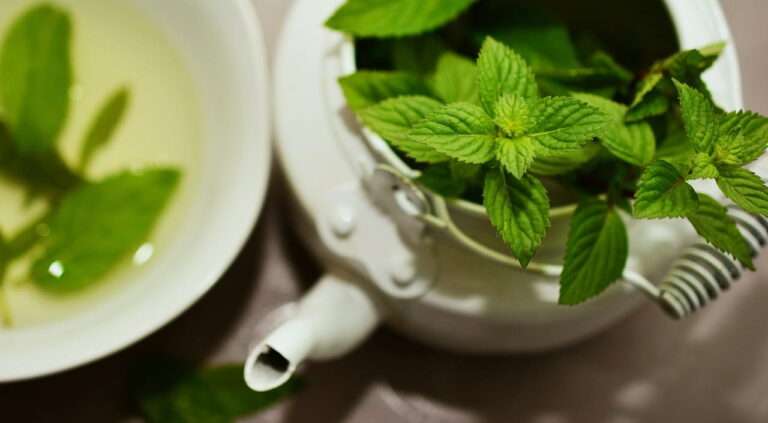34 top lemon kitchen insights and benefits
Did you know that the lemon tree first appeared in Asia?
- Lemons are said to have originated in North Burma, Northeast India, and China, despite the fact that they are now more often associated with Florida and southern Europe.
- The acid in lemon juice stops other fruits from becoming bad before their time. You can keep a variety of fruits from spoiling and turning brown by adding a few drops of lemon juice to each fruit before you store it in the refrigerator. After rubbing them with lemon juice, the easiest way to preserve fruits that you have bought but will not be able to use immediately is to keep them in the refrigerator. You may also cut your lemons into slices and store them in the freezer for use at a later time.
- Do you want to demonstrate how much you like lemons? Then you should make your way to the Fête du Citron (Lemon Festival), which is being held in the French city of Menton. Over the course of more than a week and a half in the month of February, you will have the opportunity to take part in the parades, see the citrus groves, and sample a variety of lemons. This is not your typical little community gathering, as the event draws in excess of 200,000 people annually. It is practically the equivalent of Glastonbury in the world of lemons.
- The typical life expectancy of a lemon tree is around 50 years if it is given proper care and is protected from being sprayed with pesticides. However, if you give them the attention and care they need, they may live up to 100 years. According to our estimates, it is the equivalent of more than 270,000 lemons produced by a single tree throughout the course of its lifespan.

Lemon nutrition and health benefits facts
- Lemons are a good source of vitamin C, offering more than half (30.7 mg) of the vitamin C that is required for consumption on a daily basis. Lemons include trace levels of thiamine, vitamin B6, and folate in addition to these other nutrients. Although they are not a very rich source of minerals, they do include trace levels of calcium, iron, and potassium in their makeup.
- Lemons provide around 50 mg of vitamin C, which is more than half of the recommended daily intake for vitamin C in a healthy diet. When consumed on a consistent basis, this concentrated dose of vitamin C not only strengthens the immune system but also lowers the chance of developing cardiovascular disease and stroke.
- Lemons include a kind of fibre called pectin, which, once digested, swells up and makes you feel full more quickly and for a longer period of time. There is a lot of hype about how successful drinking water with lemon is at helping people lose weight and keep it off. In addition, it is essential to bear in mind that drinking water may make you feel full and prevent you from eating just as well as lemon does.
- Even though lemon does not have a particularly high concentration of iron, it may assist the body in absorbing more iron from the plant-based meals that are consumed. Anemia is characterised by a lower-than-average number of red blood cells and is often the consequence of an iron deficit. Anemia may be prevented by ensuring adequate amounts of iron in the body.
- Lemons have a high concentration of dietary fibre, which helps decrease the risk factors for cardiovascular disease by bringing LDL, popularly known as “bad cholesterol,” down. Atherosclerosis, often known as the “hardening of the arteries inside the heart,” may be caused by having too much cholesterol in the body.
- The high concentration of citric acid in lemons is responsible for their characteristic tart flavour. Citric acid has been shown in several studies to have the potential to reduce the risk of developing kidney stones.
- Researchers are researching whether or if an increased consumption of vitamin C from lemons and other fruits will help cure or prevent age-related macular degeneration and cataracts, which are frequent causes of visual loss in older persons. The findings of the studies have been contradictory thus far, but the investigation is still continuing.
- Lemon, as well as items produced with lemon or lemon zest, should be avoided by those who have an allergy to citrus fruits. Citrus allergy is not very prevalent but may cause significant issues for some individuals. Asthma has also been linked to the inhalation of citrus peels like lemon and orange, according to some publications.
- Lemon juice’s high concentration of acid may dissolve tooth enamel, leaving teeth more vulnerable and sensitive as a result. If you have a habit of drinking water with lemon often, sipping via a straw might lessen the amount of acid that comes into contact with your teeth.
100 g of lemon has 29 calories (121 kJ), 1.1 g of protein, 0.3 g of fat, and 9 g of carbs, including 3 g of fibre.

How to store lemon and how to buy them
- In spite of its year-round availability, the months of October through May see the highest quality lemon harvest. The best fruit to buy is one that feels hard when you touch it, has a good form, and has some give when you squeeze it. There are seeded and seedless variants, as well as pink and white body ones. Avoid eating fruit that is squishy or discoloured around the stem. Heavy chemical spraying and other treatments are used on citrus crops to assure their success. If you plan on using the lemon or lime’s peel or zest, it is vital that you use only organic lemons and limes since here is where the bulk of the toxins are located.
- Keep the lemons out of the sun if you want to use them within a few days of buying them, and do this by putting them in a cool, dark place. It is not uncommon for them to maintain their quality at room temperature for up to one week. After reaching this age, they begin to develop wrinkles, their vivid colour fades, and they may develop patches of either soft or firm skin on the surface of their bodies. Put the lemons in plastic bags with tops that zip and then try to remove as much air from the bags as you can. It is likely that the lemons will maintain the bulk of their juice and flavour for a period of up to four weeks when they are stored in this manner.
- It is possible to lessen the amount of water lost and the amount of oxidation that occurs if you protect the cut side from the air. In a small plate, arrange the lemon halves with the cut sides facing down. To prevent the wedges or slices from becoming stale, wrap them in plastic wrap. Put the lemons in the smallest container you can find that is also airtight, and give it a good shake to blend the flavours. Lemons reach their peak flavour within two to three days after being cut, despite the fact that they retain their freshness for a longer period of time than the majority of other sliced fruits.
- Put the slices on a baking sheet lined with parchment paper, and then spread them out so that none of the slices are touching any other slices. Freeze for 30 minutes. After they have been frozen, put them all in a big plastic bag that is appropriate for the freezer, and store the bag in the freezer for up to a year. If you freeze lemons (or any other food item) on a baking sheet, the ice that forms between the lemons will prevent them from sticking to each other as they freeze. When frozen, lemons, like many other fruits, deteriorate into a mushy consistency. The frozen slices have the finest flavour when they are added to cold drinks when they are still solid from being pulled straight from the freezer.
- In spite of the acidity of lemon juice, it is possible for it to harbour germs if it is allowed to sit out at room temperature for a long length of time. Because of oxidation, the flavour of the juice will start to deteriorate after it has been stored in the refrigerator for about two to four days. Throw it away when it starts to look dull and black or after it has lost the bulk of its flavour, which often occurs within seven to ten days after it was made. It is not a good idea to keep lemon juice in transparent bottles since the exposure to light will cause the juice to deteriorate more quickly. Lemon juice sold in bottles at retail stores often contains preservatives, which extends the amount of time it may be stored on the shelf after being opened to several months.
- Carefully tilt the jar with the lemon juice as you fill the ice cubes in your ice cube tray with the juice from your lemon juice until the cubes are almost totally filled. It is not a good idea to overfill the tray, however, since the liquid may expand somewhat as it freezes and cause the tray to become less stable. If you freeze your lemon juice in cubes, you will be able to quickly remove the exact quantity of juice that you want for a particular recipe. Even better, you may divide out your lemon juice so that you will know exactly how much there is in each cube if you want to be particular about it. Take, for illustration purposes, two teaspoons (or thirty millilitres) of lemon juice, and pour that amount into each cube.
- When you are through zesting the lemon, store the zest in a glass jar that has a tight-fitting lid to ensure that it stays fresh. Place the jar somewhere cold and dry to store it. According to the experts, freshly grated zest rapidly loses its flavour and may become a microbiological danger after just two or three days after it has been grated. You may also freeze any extra zest that you have left over from the recipe. If you have a lot of zest, put a few small spoonful’s that are tightly packed on a baking sheet that has been lined with parchment paper and bake them for approximately 20 minutes. Freeze for at least half an hour before transferring to a container that is appropriate for freezing.

Cooking techniques, secrets, and tips from the kitchen
- To begin, and most obviously, lemons provide a lemony taste to the food they are added to. The acidity of lemon juice and zest not only contributes its own particular taste to a meal, but it also helps the dish’s other flavours stand out more prominently. In some meals, such as tomato sauce or mashed potatoes, a lemon may bring up the other flavours and aromas while staying in the background. Some cooks and chefs believe that lemon is just as vital as salt when it comes to enhancing flavours. They may use the peel or a slice or wedge as a garnish, or they may add juice or zest as a finishing touch at the very end of the cooking process.
- Lemons contain citric acid, which is a compound that mixes well with both salt and natural sugars. The chemical processes that take place throughout the baking process may be bolstered and accelerated with the help of this acid. If you bake but do not use any components derived from animals, such as eggs or buttermilk, then lemon juice (or pure citric acid powder) may assist contribute to the leavening process and serve as a replacement for some of the animal-based ingredients.
- Lemons have the ability to change the consistency and appearance of other plant meals. It is possible for red foods, such as red cabbage, red grapes, plums, cherries, cranberries, strawberries, and raspberries, to keep their red colour when lemon juice is added. This prevents the foods from becoming purple or blue. However, this colour enhancement is not a uniform phenomena.
- Apples, pears, bananas, peaches, and avocados that have been sliced open are more likely to turn brown as a result of oxidation, but lemon juice may help prevent this. Guacamole, for instance, will maintain its green colour for an extended period of time if there is a sufficient amount of lemon juice in it. On the other hand, if you attempt to make guacamole with less lemon juice, you will very quickly end up with a grey-brown mess on your hands.
- In addition to that, fresh lemon juice may be squeezed over pretty much any food. It mixes nicely with a wide variety of sauces and dressings, including pesto, tomato sauce, plant-based tzatziki, salad dressings, and many more. It is possible to use lemon juice as a replacement for vinegar in almost every recipe that calls for vinegar. In addition, lemon juice is an excellent addition to dips such as hummus and cashew cheese.
- When you want to add flavour to a dish without adding additional liquid, lemon zest is a great ingredient to use. You may use zest as a topping for salads, as well as a garnish for curries, soups, stews, and chilies. It can also be used in salad dressings and other sauces. You can make baked products taste more lemony by adding zest (lemon muffins, for instance, taste amazing when you add zest), you can sprinkle it over grain or oatmeal bowls, and you can use it as a delightful and colourful topping for plant-based yoghurts.
- The preservation of lemons by fermenting them in salt or sugar and placing them in jars is a typical procedure. The salt approach is the one I suggest most highly; but, if you like sugar, you may add a little amount of sugar for some more sweetness. You may remove the salt from the preserved lemons before using them in your cooking if you are concerned that the saltiness will make your dishes taste unpleasant. Once they are ready, the preserved lemons should be used sparingly due to the fact that they are quite potent and a little amount may go a very long way.

History of lemon from the beginning until today
- According to many sources, the lemon originated in Assam (northeast India), northern Burma, or China. According to genetic study, the lemon is a hybrid of the bitter orange (sour orange) and citron.
- Lemons came in southern Italy around the second century AD, under Ancient Rome. Lemons taste citrusy. They were seldom cultivated. They thrived in Iraq and Egypt after being brought to Persia about 700 AD.
- European lemon cultivation began in Genoa in the middle of the 15th century. Christopher Columbus brought lemon seeds to Hispaniola in 1493, introducing the lemon to the Americas. The Spanish conquest of the New World spread lemon seeds. This plant was mostly used for herbal medicine and decoration. Florida and California planted many lemon trees in the 19th century.
- In 1747, James Lind gave scurvy-stricken mariners lemon juice, even though vitamin C was not yet considered essential.
- Morocco salts lemons in jars or barrels. The salt softens and cures the peel and rind, making them last forever. Preserved lemons are used in many dishes. Greek, Italian, and French recipes also include preserved lemons.







